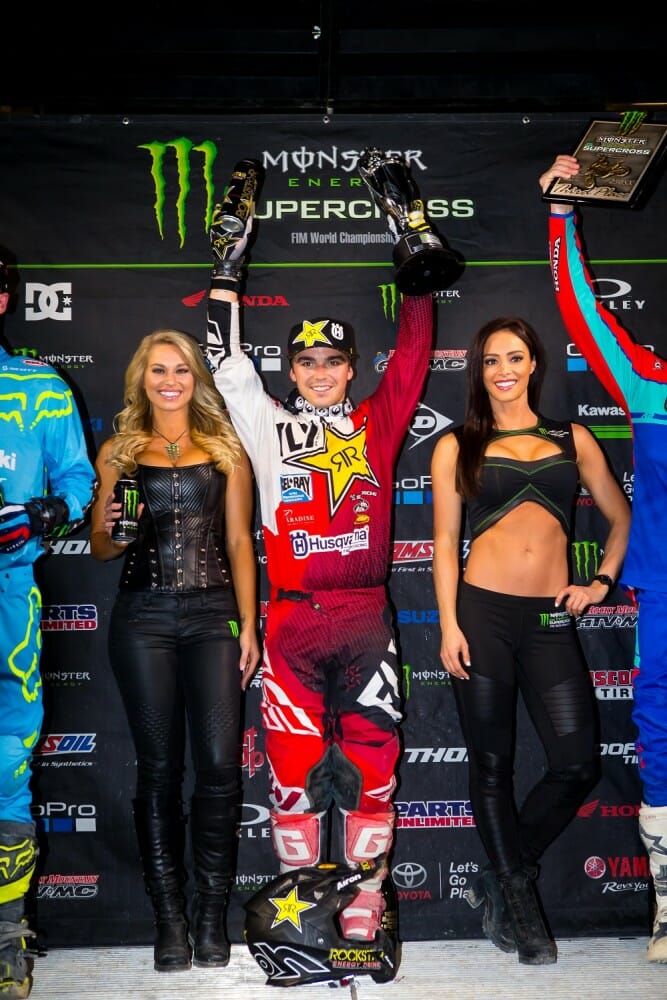Steve Cox | March 12, 2017
One could make a case that much of the history of human conflict can be narrowed down to a fight between belief and knowledge. But the thing about it is that knowledge always wins. It may not be right away, but knowledge always wins eventually. It has to. Knowledge is the basis of understanding what’s real, and sometimes more importantly, what isn’t. Knowledge sheds biases. Knowledge is truth.
This confrontation between knowledge and belief also represents one of the greatest internal battles that we as human beings ever have to fight. And this is where it gets really tough to deal with, because our biases can cause us to treat what we believe as if it’s what we know.
Example: Ever been cheated on by a significant other? You just knew they were dedicated to you and only you, right? Well, obviously not. You believed it, sure, but you didn’t know it.
It’s the same thing in the world of sports. The difference is, in sports, you get results, and the results will always distinguish between what is belief and what is knowledge.
Regarding winning his first-ever AMA Pro Motocross event, Bob Hannah once told me, “I’m no idiot. I figured if I did it once, I could do it again.”
And that’s the difference between belief and knowledge, as Zach Osborne just found out last weekend. Sure, Osborne believed he could win. Of course he did. Anybody on the starting line, especially with a factory ride, has to believe they can win. But it takes actually winning to turn that belief into knowledge.

Osborne had all the tools necessary to win his first 250cc Supercross main event at round one of the 250SX East in Minneapolis. He was the fastest guy on the track all day, but somehow even I knew he wasn’t going to win that race. Why? Because I didn’t believe he had control over his thoughts. Belief will allow doubt to creep in. Knowledge won’t. Late in the Minneapolis main event, as Osborne was about to swallow up Joey Savatgy for the race win, Osborne caught neutral in a turn and fell down. And that was that. Osborne still managed third place, but he’s had plenty of podium finishes in his career. He knew he could do that.
Osborne spent much of the following week watching the main event over and over, perplexed at what happened. How could he be so much faster than everybody else and still lose? Why can’t he hold it together for an entire main event when it’s obvious that he has the speed to win?
Because winning is about more than just speed. Winning is about “confidence.” That’s the word we tend to use in lieu of “knowledge.” Confidence is often confused with cockiness. They aren’t the same things. Confidence is knowledge. Cockiness is belief.
After beating himself over the head about his third place in Minneapolis all week, Osborne showed up to Atlanta knowing he was faster than his competition, and knowing he was fit. He gained knowledge from Minneapolis. He came into Atlanta knowing he could win. And he did, for the first time in his career.
A week later, this past weekend in Toronto, he did it again. When asked what has changed with him, this is what he said:
“Mainly confidence. It’s just been a building process. I was away from supercross for five years in my young career and this is my fifth season back. That’s sort of the real start of, I feel like, my supercross career. Just the last two years have been a big building process for me. To get a win last weekend was a big step, and even the win in the outdoors was pretty big for me [last year]. It took me a long time to get where I’m at and I can’t explain why I wasn’t as successful as I maybe should have been in the beginning. I’m just taking it day-to-day now and trying to carry the momentum that I’ve built in the last few weeks and do my own thing.”
Osborne can’t explain it. But it can be explained: The difference between Zach Osborne in Minneapolis and Zach Osborne in both races since then is simply that he no longer believes he can win.
Now, he knows he can. CN